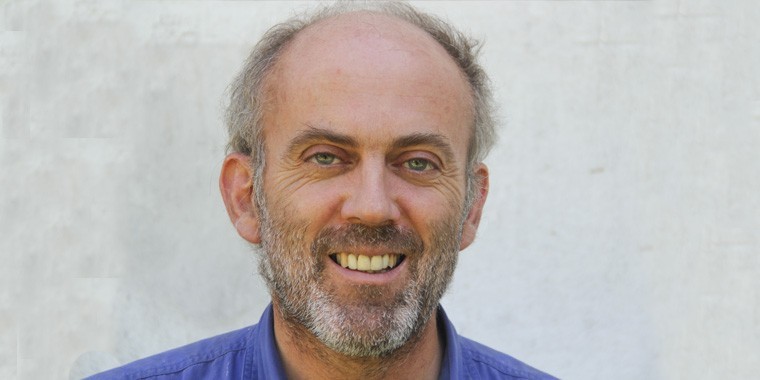As we head into 2022, arable farmers face volatile and changing times. Our costs are soaring, the value of arable commodities is rising, our industry stands accused of being a major driver of climate change and our BPS payments face further heavy cuts. We even have a new subsidy to claim, and a new set of initials to learn, in the form of the ‘Sustainable Farming Initiative’ (SFI).
We’ve long understood that our beloved BPS is for the chop. I say ‘beloved’ because however daft the subsidy was (it effectively paid UK farmers £2.5 billion a year whether or not we grew any food, carried out any wildlife conservation or reduced greenhouse gas emissions), it was very important to us financially. The reason it was so helpful to our profits, of course, was precisely because we didn’t have to do much to earn it – other than fill in an annual claim form.
The SFI, by contrast, looks like it will require quite a bit of work. To earn between £22 and £40 per hectare, arable farmers will have to ensure that they establish green cover on “70% of bare soil over winter”, ‘test’ soil, and “produce a soil management plan”.
SFI agreements will last only three years and tenants will need to show that they have a least two years’ management control of land before they can enter the scheme. Farmers will also have to fill in an annual claim form to show that they are ‘complying’, and the Rural Payment Agency (RPA) will carry out ‘inspections’ and ‘remote monitoring’ (presumably by spy satellite). Payments will be made in four quarterly equal instalments.
The government also still has to announce two further schemes. The ‘Local Nature Recovery’ scheme and the ‘Landscape Recovery’ scheme will start national trials this year and be ‘fully launched’ by 2025. Both will be compatible with the SFI.
We have yet to see much detail on any of these schemes, but two things already seem quite clear: collectively they won’t replace the BPS financially and they’re not likely to be simple or cheap for farmers to engage in.
The Government already seems to have recognised that the SFI may not be that attractive to many farmers – particularly small and medium sized businesses that will worry about the cost of drawing up agreements on their smaller hectareages. To soften concerns, the RPA has said that, instead of punishing agreement holders for not complying, it will at first ‘support’ farmers to make the necessary changes in how they farm their land.
But, ominously, DEFRA is also waving a big stick by making it clear that if farmers don’t engage with the SFI, the Treasury will ‘divert’ the funds elsewhere.
For my part I’m sure I will enter the SFI for no other reason than that climate change and loss of biodiversity have become emergencies than none of us can ignore. But I’m under no illusions that the SFI will repair the financial damage done by the withdrawal of the BPS.
So, let’s hope that grain prices continue their recent strength. Otherwise, I can’t see how 2022 is likely to be a happy new year for any of us.




